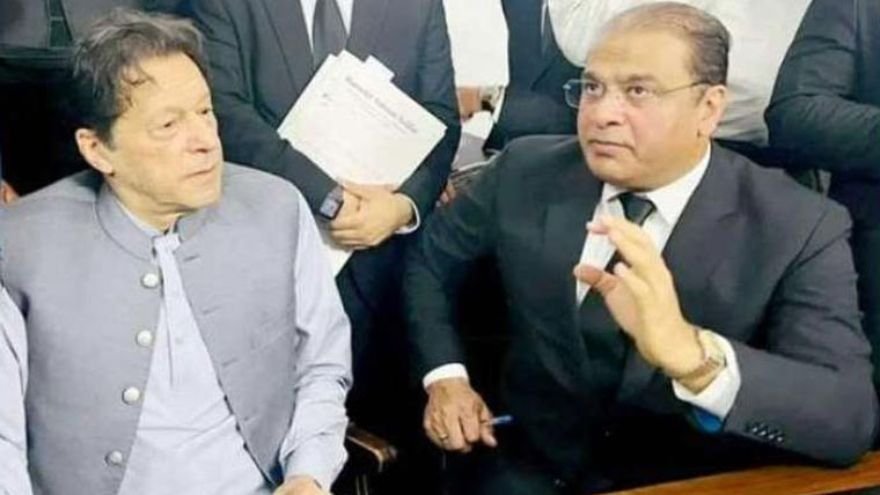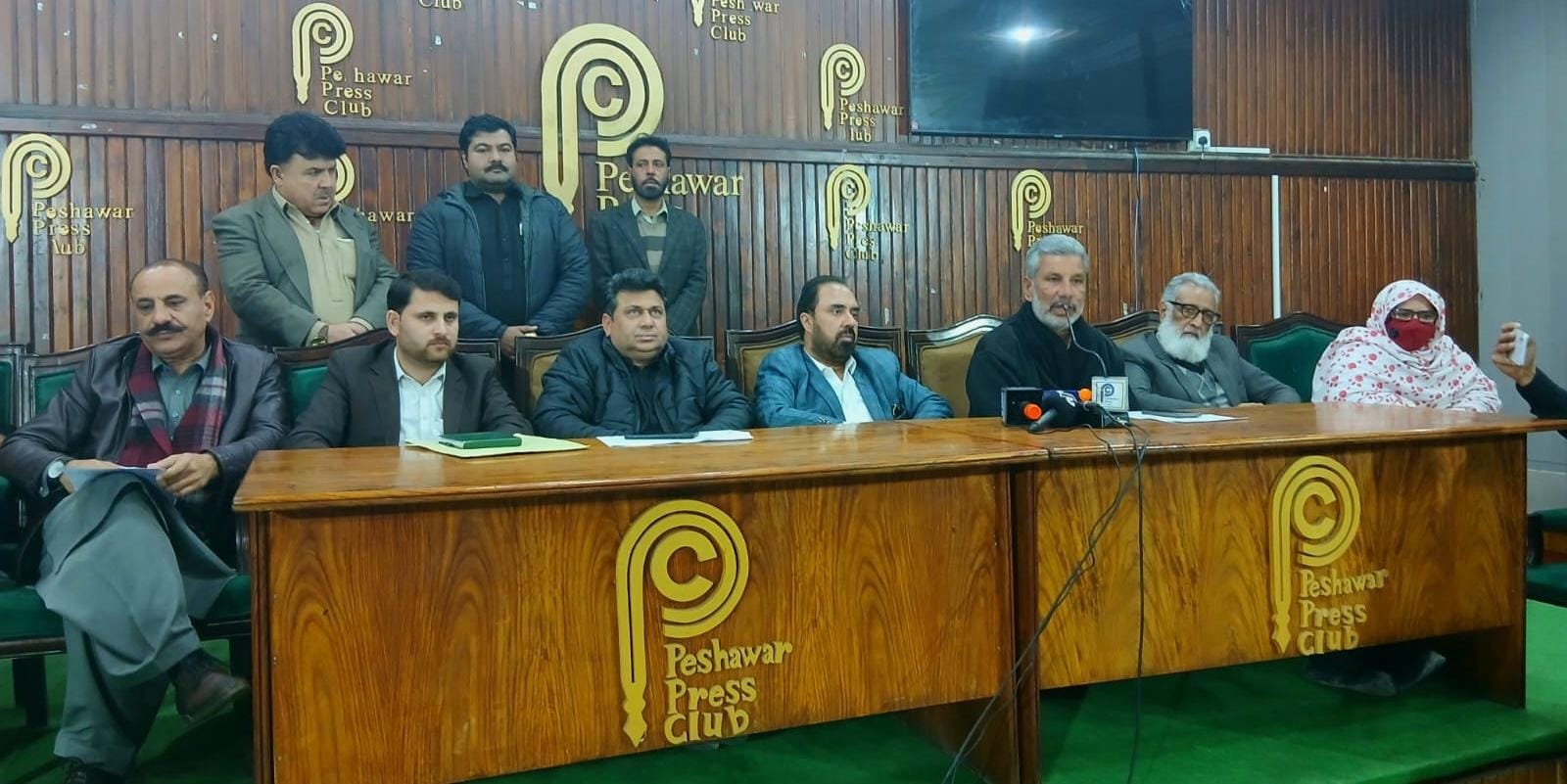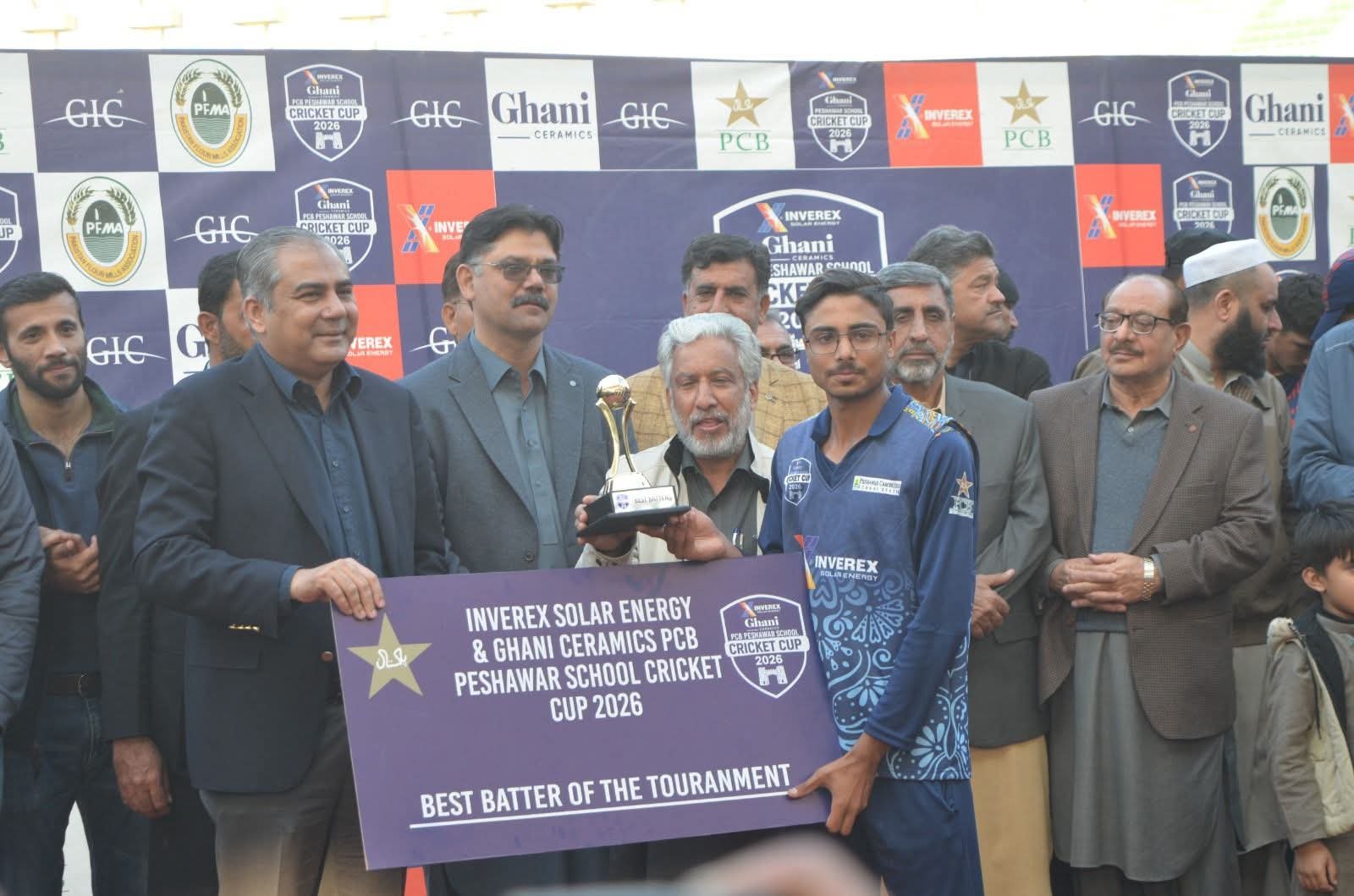By: Muhammad Siddique Kayani
The Bangladesh cricket team has arrived in Pakistan for a three-match T20 series. All matches will be played at Gaddafi Stadium, Lahore, on May 28, May 30, and June 1. A 16-member squad, mostly comprising new players, has been announced for the series. Fresh inclusions like Sahibzada Farhan, Hasan Ali, Faheem Ashraf, and Hussain Talat have been selected based on their performances in domestic cricket and the PSL. Alongside them, Saim Ayub, Fakhar Zaman, Wasim Jr., and mystery spinner Abrar Ahmed are also part of the squad.
Shaheen Afridi has been rested, while Haris Rauf and Naseem Shah have been retained as senior pacers. Salman Ali Agha will lead the team, with Shadab Khan serving as vice-captain. Despite underwhelming performances over the past two years in both PSL and international cricket, Haris Rauf, Naseem Shah, and Shadab Khan continue to be selected—a decision that remains puzzling. Just like Shaheen was given rest, these three should have been rested too, allowing room for deserving performers like pacer Abbas Afridi and leg-spinner Sufiyan Muqeem. It would have helped build a winning combination with fresh talent. Unfortunately, even with new coaches and selectors, nothing seems to have changed—favoritism continues to dominate team selection.
Despite their solid performances in T20s, two players have been overlooked. Sufiyan Muqeem, who delivered a match-winning spin performance under pace-friendly conditions in South Africa, has been dropped, while out-of-form Shadab Khan has not only been included but retained as vice-captain. Similarly, talented pacer Abbas Afridi—who consistently performs and can contribute valuable runs in the lower order—has also been ignored. Abbas is an excellent option for death overs, unlike Haris Rauf and Naseem Shah, who often concede too many runs in crunch situations.
Against a relatively weaker Bangladesh side on home turf, this was the ideal opportunity to try out young talents like Abbas and Sufiyan. However, the concern seemed to be—if these new players performed well, how would Shadab and Faheem Ashraf continue to justify their places? To keep certain favorites in the squad, merit has once again been sidelined.
Choosing Shadab Khan over Sufiyan Muqeem is a clear injustice. If Sufiyan played for any other country, he would already be a key player. In the recent PSL, many promising young players—like Sufiyan Muqeem, Haider Ali, and Mehran Mumtaz—were not given proper chances. This seems to be a calculated move to protect certain players from losing their spots to more deserving talent. Sufiyan Muqeem’s line and length, control, and wicket-taking ability are superior to both Shadab Khan and Abrar Ahmed. His ability to take crucial wickets under pressure makes him a valuable asset. Ignoring him despite such consistent performance is a disservice to the national team.
Nepotism, favoritism, and personal preferences have long plagued Pakistan cricket. Even in the current squad, some bowlers have been picked despite having worse records and current form compared to Sufiyan Muqeem and Abbas Afridi. The team is in desperate need of a quality spinner—someone who can maintain pressure through disciplined bowling and take key wickets—and Sufiyan has proven he has all these qualities. Within a year, he has delivered standout performances for Pakistan, most notably taking 5 wickets for just 3 runs against Zimbabwe in December 2024—one of the best T20 bowling figures in Pakistan’s history. Isn’t that the kind of bowler any team would want to play?
In addition, he made an impressive ODI debut against South Africa, taking 4 wickets and playing a crucial role in Pakistan’s historic series win there. Ironically, this excellent track record appears to have become his biggest crime. In this home series against a weaker Bangladesh side, bowlers like Shadab Khan, Haris Rauf, Naseem Shah, Faheem Ashraf, and Hasan Ali will be given ample chances to improve their performances and secure their spots. However, it would have been better to test emerging pacers like Khurram Shehzad, Ali Raza, and Aaqif Javed in place of Haris and Naseem to aid the formation of a competitive T20 squad.
Continuing to select the same old, tired, and underperforming bowlers makes little sense. Haris Rauf and Naseem Shah have yet to win Pakistan any major tournament, and their recent PSL performances were also underwhelming. They only thrive on fast, bouncy tracks—such as those in Australia, South Africa, or England—and struggle on subcontinent wickets. They should be limited to conditions where they are more effective.
Unless selection decisions are made on merit, Pakistan will not be able to win big tournaments. On a positive note, the decision to rest Babar Azam and Mohammad Rizwan in this series under the rotation policy is commendable. It provides new players like Hasan Nawaz, Hussain Talat, and Sahibzada Farhan a chance to prove their worth.
However, Usman Khan was not included and hasn’t been managed well either. Similarly, another promising batter, Abdullah Shafique, is being harmed by frequent in-and-out selections. He has the potential to perform well in the middle order and possesses all the qualities to become a record-breaking batter. These young players can become valuable assets if their technical flaws are addressed. For this, legends like Younis Khan and Inzamam-ul-Haq should help with batting guidance, while Shoaib Akhtar and Saeed Ajmal can assist in developing the bowling skills of emerging players.






 Today's E-Paper
Today's E-Paper